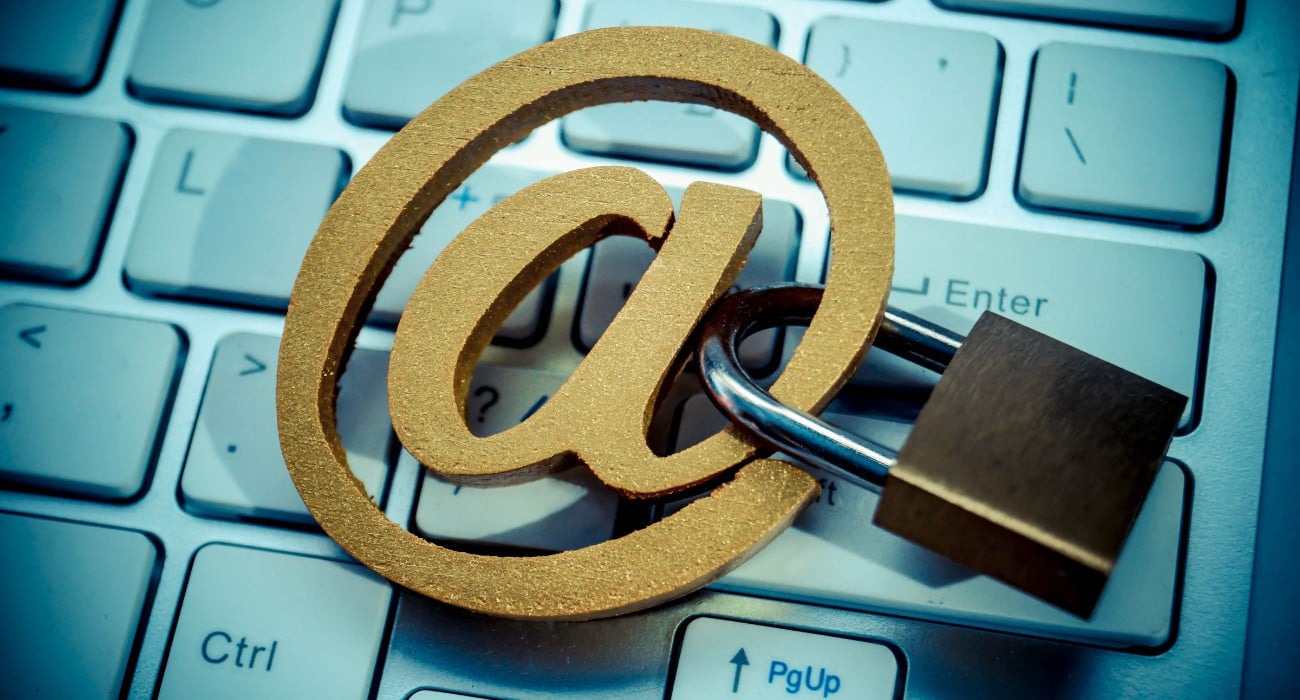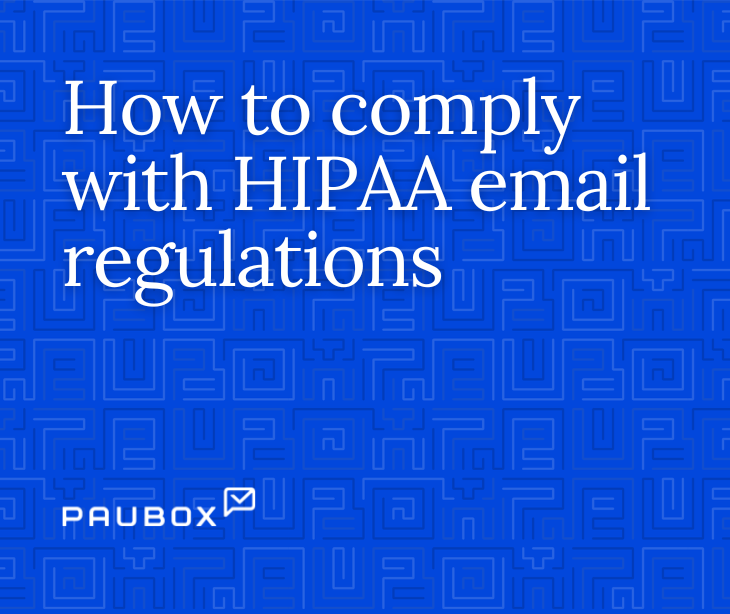
Emails are an automatic and simple method for all organizations, especially those with compliance requirements, to meet retention requirements. Email automatically includes details like the sender, recipient, date, and time, creating a clear and organized record of interactions. Inevitably, this helps organizations track conversations, decisions, and actions, making it easier to retrieve information when needed.
What HIPAA says about record keeping
45 CFR §164.316(b)(2)(i) of HIPAA provides, “Retain the documentation required by paragraph (b)(1) of this section for 6 years from the date of its creation or the date when it last was in effect, whichever is later.”
The purpose of the above regulation is to make sure that sensitive information remains accessible for review and use in various contexts such as audits, legal proceedings, and patient care continuity. HIPAA’s retention requirements are designed to ensure that even years after a patient has received care, their health information can still be reviewed to resolve disputes, verify services, or amend records if necessary.
Stringent record retention and record keeping in compliance with HIPAA safeguard patient information while maintaining a reliable system that supports healthcare delivery and oversight. Effective record keeping enables healthcare providers to offer consistent care by having historical health data available. It also supports compliance with legal and ethical standards.
How using email benefits record keeping
Each email sent or received acts as a timestamped document, capturing details such as who was involved in the conversation and what decisions were made or actions were proposed. It provides a level of detail that assists in maintaining transparency and accountability within an organization.
The ability to organize and search emails effectively transforms the way records are maintained. Modern email platforms come equipped with sophisticated search functions that allow users to locate specific emails quickly by keywords, sender, date range, or subject matter. It is particularly useful in environments where quick decision making is based on historical data and past communications. For instance, in project management, the ability to pull up all correspondence related to a specific project or client at a moment's notice can improve productivity and decision making accuracy.
Another advantage of using email for record keeping is the reduction in physical storage space needed. Traditional paper based record keeping systems require physical space for storage and often involve complex filing systems that can be difficult to manage. With emails, documents are stored digitally, reducing the need for physical space and minimizing the costs associated with physical storage solutions. Digital storage is more scalable, allowing for increased data volumes without the need for additional physical resources.
Best practices
- Select services that specifically offer HIPAA compliant email security features, such as data encryption at rest and in transit, secure data centers, and the provision for a business associate agreement (BAA).
- Implement automated systems for email categorization, archiving, and deletion. These systems can be configured to recognize and handle emails based on content, sender, and other criteria.
- Enforce strong access control policies, including multi factor authentication (MFA) and role based access controls (RBAC), to ensure that only authorized personnel have access to emails containing sensitive health information.
- Conduct thorough and ongoing training for all employees on the proper handling of PHI via email, understanding of the organization’s email policies, and awareness of cybersecurity risks such as phishing attacks. Regular refreshers can help keep these practices top of mind.
- Utilize secure archiving solutions that not only store emails for the required retention periods but also protect them with encryption and ensure they are readily accessible for audits or litigation purposes.
- Schedule regular audits of email usage and retention practices to ensure compliance with internal policies and regulatory requirements. Use audit trails to monitor access and activity, helping to identify and address potential compliance issues proactively.
See also: Top 12 HIPAA compliant email services
FAQs
What is MFA?
MFA is a security process that requires users to provide two or more verification factors to gain access to a system.
What is RBAC?
RBAC is a system that restricts access to resources based on the roles of individual users within an organization.
What is email archiving?
Email archiving is the process of preserving and storing emails in a secure and searchable format for long term retention and retrieval.
Subscribe to Paubox Weekly
Every Friday we'll bring you the most important news from Paubox. Our aim is to make you smarter, faster.



